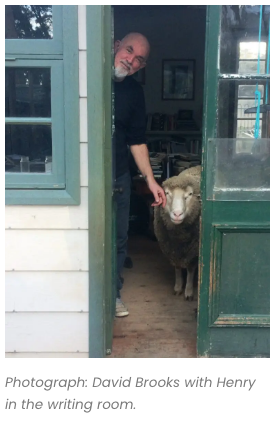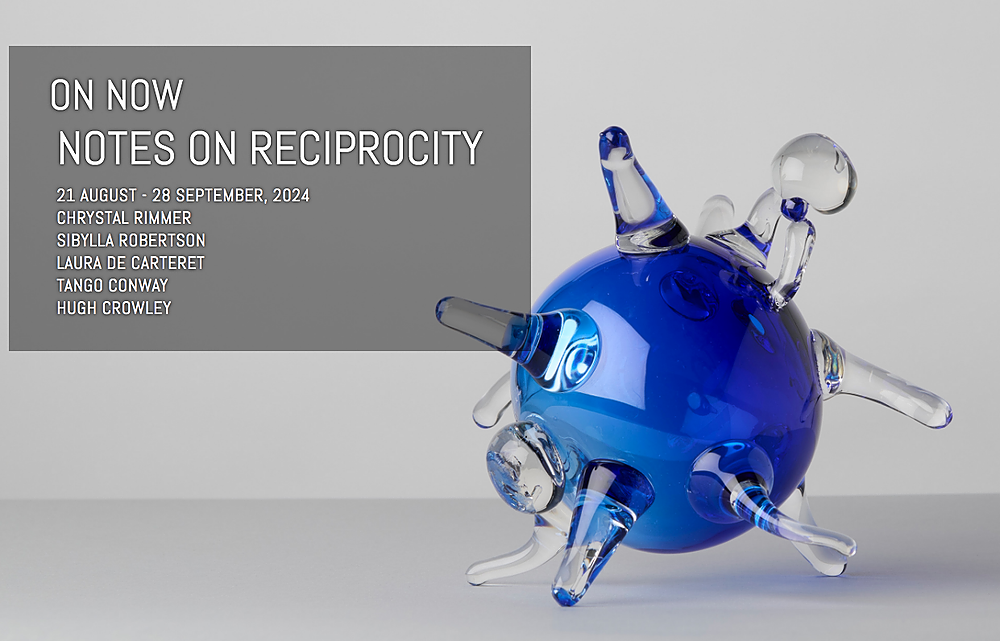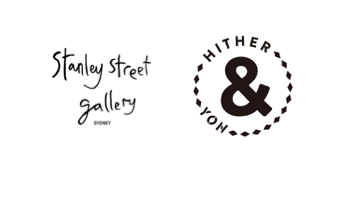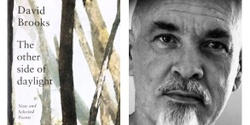David Brooks: The Door | The other side of daylight
Event description
Poetry Sydney and the Stanley Street Gallery are proud to present the third of four event readings in 2024.
David Brooks: The Door | The other side of daylight
'I’ve been known to say in the past that poetry ‘has its back on emptiness’, and that it’s this that gives it its resonance, like an echo-chamber gives resonance to the strings of a violin or cello or guitar. But I don’t think I’d say it that way anymore. For a start I no longer see it as emptiness that poetry has its back to, or at least no longer see emptiness as the only possibility. It could also, for example, be a fullness from which we’ve been holding ourselves back, or allowing ourselves to be held back.
For a great many poets, lyric poets especially, this echo chamber is the unconscious, the deep psyche, a kind of personal, or perhaps universal, underworld. Remember that the Greek ‘god’ of poetry was Orpheus, who visited the underworld to try to bring his dead wife back into the world of light and life, and whose poetry – song – after he failed, was enriched and empowered by his grief at the loss of her. But for many others – and increasingly for me (not that I think we must make a choice) – it’s the World beyond what we might call the human bubble, and all the wonder and strangeness and promise of and in that World beyond, that humans tend to turn their backs on in all their all-consuming busyness. This wonder and strangeness and promise is pretty much what I mean by ‘the other side of daylight’ of my new collection’s title.
And animals, of course – non-human animals, our relationships with them – are one of our entry-points'.
David Brooks
David Brooks has produced numerous works of fiction, literary history and criticism, philosophy, and written increasingly in the service of animal rights and advocacy, but began with, returns to, and lives with poetry. Along with fifty new poems, his recent collection, The Other Side of Daylight: New and Selected Poems (UQP, 2024) contains selections from his previous five volumes, representing the work of almost fifty years. Born in Canberra in 1953, Brooks spent his earliest years in Greece, where his father was an immigration attaché to the Australian embassy, and was subsequently educated at the ANU and the University of Toronto. He has taught Australian Literature at the University of Western Australia, the ANU, and the University of Sydney, where he is now an honorary associate professor. From 1999 to 2013 he ran the university’s graduate writing program, and from 2000 until 2018 was co-editor of the journal Southerly. He lives, and writes full-time, in the Blue Mountains, with rescued sheep, and spends a short time each year in his wife’s native Slovenia. He has edited the poetry of A.D. Hope and R.F. Brissenden and, with Bert Pribac, translated the poetry of Srečko Kosovel (‘the Slovenian Rimbaud’). In 2015/16 he was awarded an Australia Council fellowship for services to Australian and international literature. Amongst works forthcoming in 2024 are Alec, a memoir of A.D. Hope, Ice Storm (a suite of sixteen essays on Slovenian subjects), and Essay on Rights of Non-human Animals.
Proceeds from the cost of admission, or any donatable amount will go towards David's nominated charity, Warrumbungle Wildlife Rescue and Rehabilitation

Stanley Street Gallery presents Notes on Reciprocity, a group show curated by Claire de Carteret.


Poetry Sydney gives respect to the Gadigal people of the Eora Nation,
the traditional owners of the land we live, create, meet and work.
@poetrysydney
#poetrysydney
Tickets for good, not greed Humanitix dedicates 100% of profits from booking fees to charity

